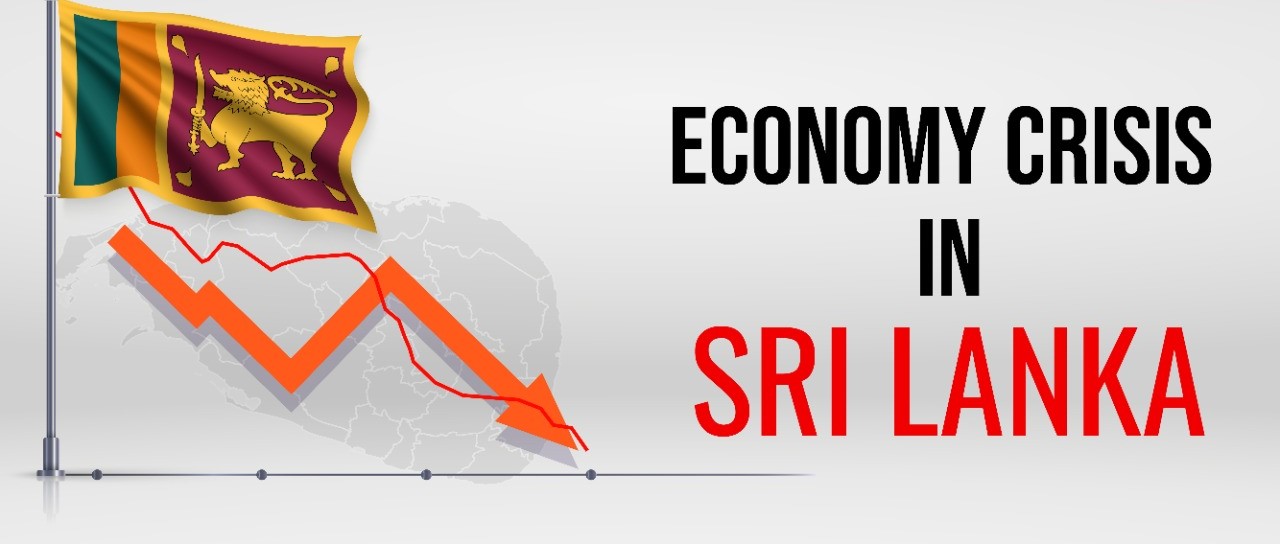Sri Lanka could be facing another financial crisis with fund raising issues mainly from borrowings commencing by mid this year with political stagnation and periodic economic crises being the norm as in the past, a confidential report of the Finance Ministry revealed.
The report has already been submitted to President Ranil Wickremesinghe who is also the country’s finance minister issuing a warning that the ability to raise funds from domestic borrowings will come down to a very low level this year.
The government was planning to obtain over Rs 7 trillion from borrowings to meet state expenditure, the report noted adding that it has become a difficult task following domestic debt optimisation.
The Central Bank‘s inability to print money to meet the government expenditure under the new banking Act and very limited foreign finance mobilisation from the World bank and other donor agencies and countries were among the reasons for an impending financial crisis.
The “uncertainty” over the impending elections in Sri Lanka will cause a possible downward trend in the country’s economic outlook, the Asian Development Bank (ADB) has said recently.
Delays in the completion of a debt restructuring agreement and any barriers to passing key legislation could dampen sentiment and derail growth, the ADB report highlighted.
The budget 2024 outlined a record expenditure of Rs 6.98 trillion rupees, a 33 per cent increase from 2023, with a focus on doubling capital expenditure and allocating 450 billion rupees for bank recapitalisation.
To accommodate this, President Wickremesinghe proposed raising Sri Lanka’s debt ceiling by Rs 3.45 trillion to Rs 7.35 trillion rupees
The government is resorting to domestic borrowing of around Rs. 5 trillion to meet heavy expenditure in the forthcoming budget 2025, Finance Ministry estimates and mathematical projections revealed.
But this has become a difficult task following the domestic debt restructure and financial constraints of state owned banks, the finance ministry report indicated.
The Treasury will have to raise revenue up to Rs.125 billion by year-end with the current compliance rate or a substantial Rs.178 billion with full compliance to maintain cash flows without the bank bailout, it added.





